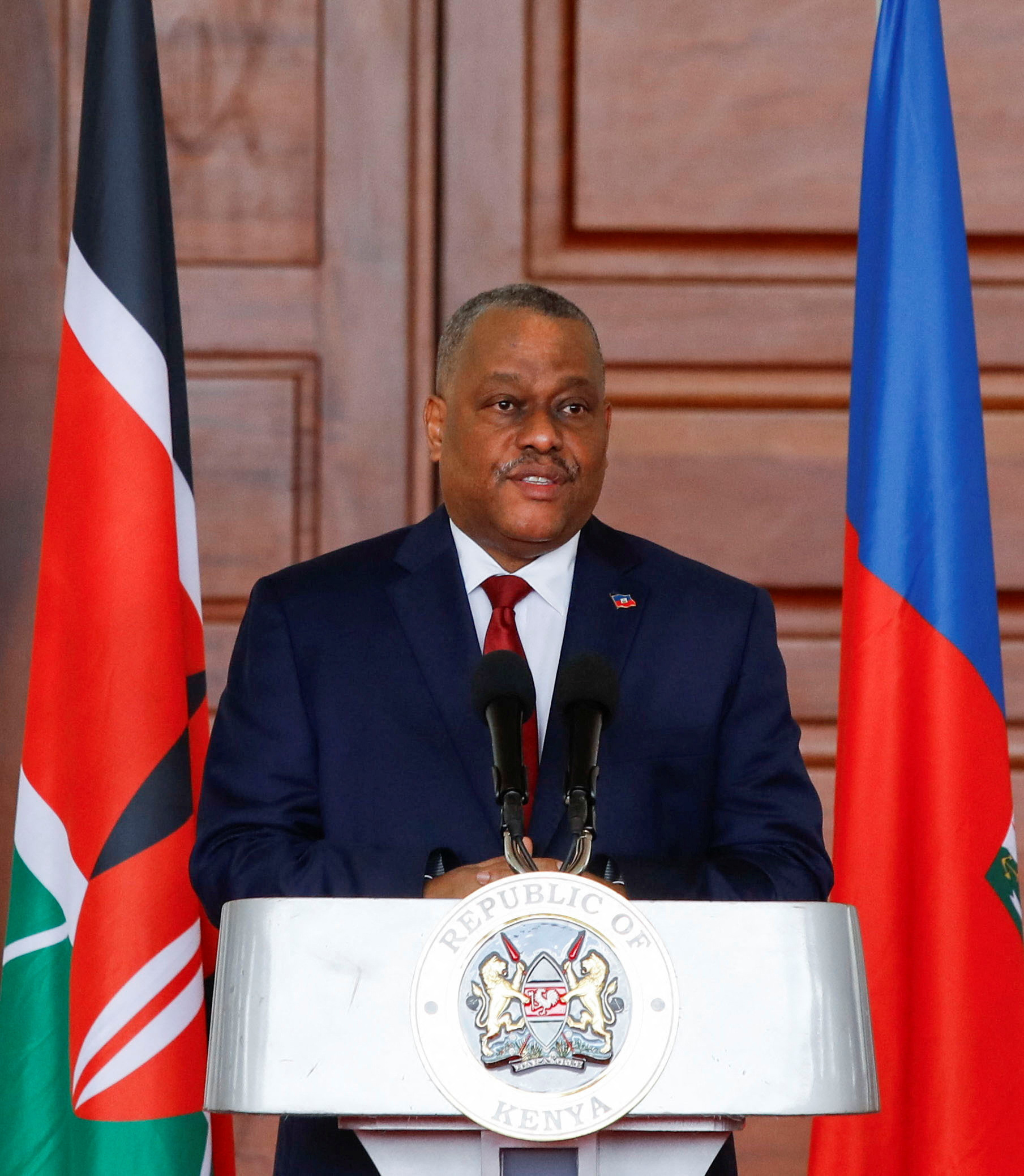North Korea’s Growing Military Ties With Russia: A New World Order?
Recent developments have escalated concerns regarding the intertwined fates of North Korea and Russia as the former sends 1,500 special forces members dressed in Russian military uniforms to aid in President Putin’s operations against Ukraine. According to South Korea’s National Intelligence Service (NIS), this significant military maneuver signals an alarming shift in global dynamics that could have far-reaching implications.
Military maneuvers with Kremlin support?
The NIS report details that these soldiers, equipped with weapons and forged Russian IDs, arrived in Vladivostok between October 8 and 13. The broader speculation suggests that this initial deployment might only be the tip of the iceberg, with projections estimating that up to 12,000 North Korean troops could ultimately be involved. As a resident of a country mindful of security threats, I can’t help but meditate on the possible ramifications this presents to both Eastern Asia and the global community at large.
What is particularly intriguing, and frankly alarming, is that North Korean officers are reportedly operating in the Donetsk region of eastern Ukraine, supporting Russian forces. This revelation was backed by facial recognition technology utilized by Ukrainian intelligence to identify these officers in the field. The South Korean government now feels compelled to respond effectively, given these threatening developments.
Interestingly, amid such unsettling news, Ukrainian President Volodymyr Zelenskyy has voiced his concerns, outright labeling any North Korean military involvement as “the first step to a world war.” In a region already brimming with tensions, rhetoric like this sends chills down my spine. The mounting urgency calls for vigilance, underscored by an unscheduled meeting held by South Korean President Yoon Suk Yeol with national security officials to address this unfolding situation.
Heightened Military Collaboration
The NIS has stated that the North Korean soldiers are currently adapting and training at various military bases within Russia, likely to be deployed for combat operations soon. This calculated collaboration underscores a burgeoning alliance between North Korea and Russia, which has evolved beyond mere military aid and supplies.
Strengthening ties under international scrutiny
Amidst these developments, North Korea’s support for Russia may also be interpreted through a lens of economic dependency, as the regime seeks not only material assistance but possibly enhanced military technologies in return. The recent defense agreement signed during Putin’s visit to Pyongyang adds layers to this newly formed military alliance.
From my perspective, as someone observing the unfolding geopolitical circus, it is evident that North Korea’s involvement in this conflict marks a stark departure from its traditionally isolative posture. Yet, there is a prevailing skepticism about how effective these North Korean forces, strapped with outdated equipment and a lack of combat experience, will prove to be in actual warfare situations. After all, the global community has long been under the impression that real military impact comes from established forces, well-versed in battle.
Implications for Regional Security
What does this mean for regional security? The anxiety in South Korea is palpable, with authorities warning that the deployment of North Korean troops to Russia poses a grave security threat not just for South Korea but for the entire international landscape. The ramifications could be severe, as thinly veiled hostilities and escalated defense posturing might soon ripple across neighboring borders.
This situation is compounded by an increasingly belligerent North Korea toward its southern neighbor, having recently labeled South Korea as a “hostile nation.” Kim Jong Un’s aggressive rhetoric seeks to shift the narrative and perhaps justify more bellicose strategies. Indeed, a stark image emerges: the impoverished country feels cornered, thus accelerating a schism with its neighboring South.
Ukraine’s president expressing urgent concerns
As someone keenly attuned to the nuances of international affairs, I can’t shake off a latent sense of historical irony. The reconfiguration of alliances and hostilities mirrors early 20th-century events, when countries rushed to take sides, ultimately leading to catastrophic global conflicts.
The Path Forward
In light of these developments, it may well be time for NATO and allied forces to reevaluate their strategies in light of this potential shift in global power dynamics. If North Korea continues to bolster Russia militarily, the implications for international power balances could be severe.
As we peer into the future, the essential question remains: will this alliance solidify a new axis of power that could spark wider conflicts, or is it merely an opportunistic engagement driven by necessity?
The path forward is imbued with uncertainty, but one thing is clear: the world must remain vigilant. The consequences of a miscalculation in this evolving geopolitical landscape could be dire not just for local actors but for the entire international system.
Whether through diplomatic avenues or military preparedness, addressing these burgeoning threats is crucial for stabilizing a precarious balance.


 Photo by
Photo by 







